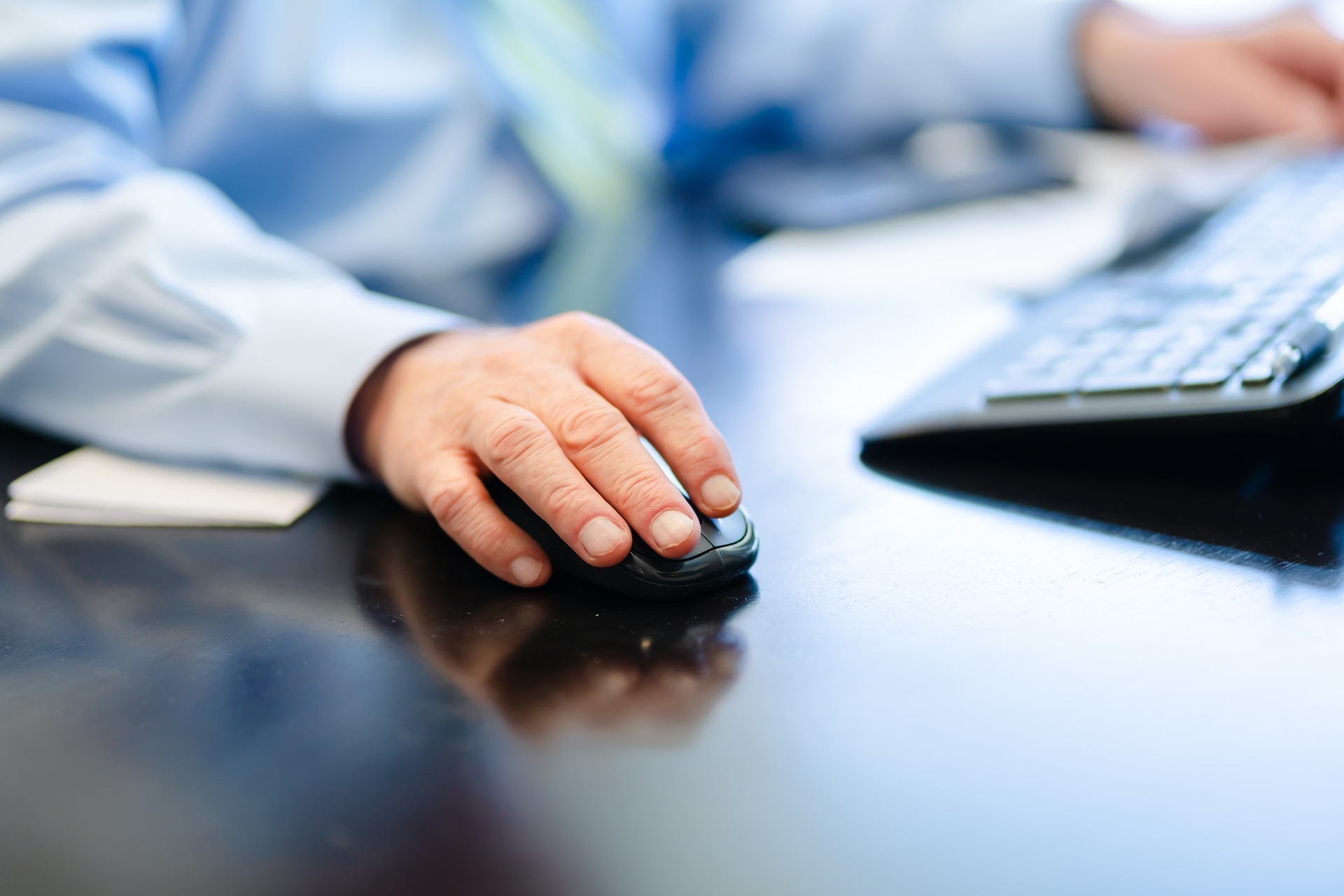London Stress at work can manifest itself in many ways, and one of those ways is the way people type or move a computer mouse, which can be more effective than a heart rate test for chronic stress.
That’s what researchers at the Zurich Federal Institute of Technology (ETHZ) claim in a study released this week.
Based on new data about stress and on a machine learning engine, they developed a model that is able to identify stress early where it is most common: the office, whether face-to-face or virtual.
“How we type on the keyboard and move the mouse appears to be a better predictor of how stressed we feel in an office environment than our heart rate,” explains study author Mara Naglin, a mathematician and researcher, in a statement from ETHZ.
The study revealed details that few realize when using a mouse and keyboard, but which, according to Nägelin, were associated with stressful situations in tests conducted in the laboratory.
- Stressed people move the mouse cursor more frequently and with less precision, and travel longer distances on the screen.
- Unstressed people take shorter, more direct routes to their destination—and take longer to do so.
- Exhausted people at the office make more mistakes when typing. They write in fits and starts, with many short pauses.
- Ergonomics take fewer but longer pauses when typing on the keyboard.
The relationship between stress, typing, and behavior when using a mouse can be explained by what is known as the motor neuron noise theory, according to psychologist Jasmine Kerr, co-author of the study.
Increased levels of stress negatively affect our brain’s ability to process information. It also affects our fine motor skills.”
Also read | Interscroller: Yahoo research shows that ads that reveal themselves work best
Study simulating stress at work
To develop the stress model, the researchers observed 90 study participants in the laboratory performing desk tasks as close to reality as possible, such as planning appointments or recording and analyzing data.
They recorded the participants’ mouse and keyboard behavior, as well as their heart rates.
In addition, the researchers asked the participants several times during the experiment how stressed they felt.
While some participants were allowed to work undisturbed, others also had to participate in a job interview.
Also read | LinkedIn at 20: How a New Generation of Influencers is Changing the Company’s Network
Half of that group was also frequently interrupted by chat messages.
Unlike previous studies by other scientists, where the control group often did not have to solve any tasks and could relax, in the experiment conducted by the ETHZ researchers, all participants had to perform desk tasks.
“We were surprised to see that typing and mouse behavior were shown to be better predictors of how stressed individuals were than heart rate,” says Naglen.
She explains that this is because the heart rates of participants in the two groups did not differ as much as they did in other studies.
One possible reason is that the control group was also given activities to perform, which were more in line with workplace realities.
Also read | A moderator is suing TikTok in the US for emotional harm caused by viewing illegal and harmful content
The study will track real-life work stress
The researchers are currently testing their model using data from two Swiss employees who agreed to record mouse and keyboard behavior as well as their heart data directly at their workplace using an app.
The same app regularly asks employees about their personal stress levels. Results should be available by the end of the year.
However, detecting stress in the workplace also raises some thorny questions:
“The only way people will accept and use our technology is if we can guarantee that we will protect their data. We want to help workers identify stress early, not create a monitoring tool for companies,” Kerr says.
In another study involving staff and ethicists, researchers look at what features an app needs to meet these requirements and ensure responsible handling of sensitive data.
Also read | Analysis | Why ChatGPT threatens the privacy of anyone posted online

“Incurable thinker. Food aficionado. Subtly charming alcohol scholar. Pop culture advocate.”









More Stories
NASA Releases Selfie of Perseverance Rover Working on Mars
NVIDIA driver includes hidden Final Fantasy XVI profile
PlayStation Plus Extra and Premium saw a significant drop in players in July